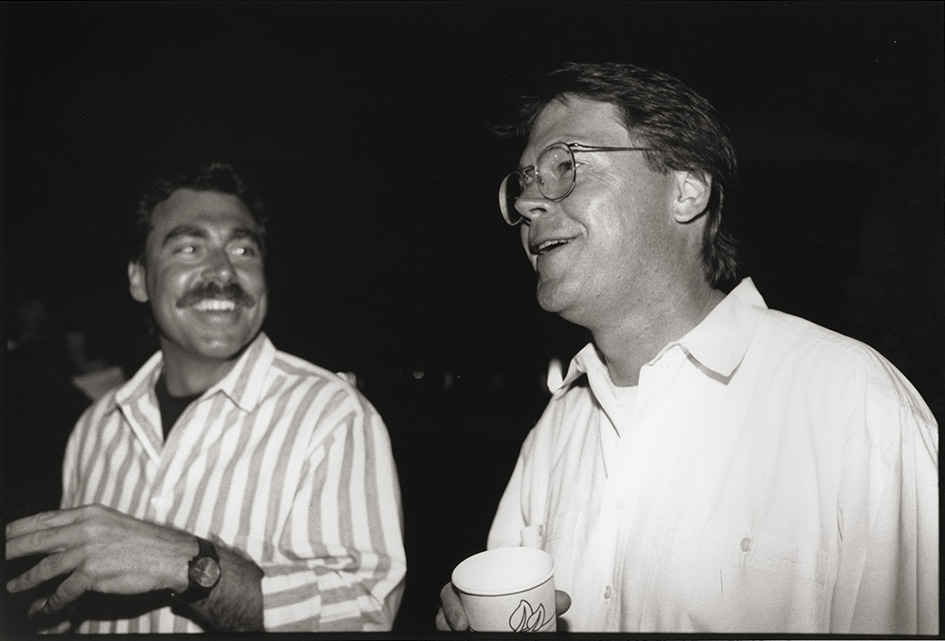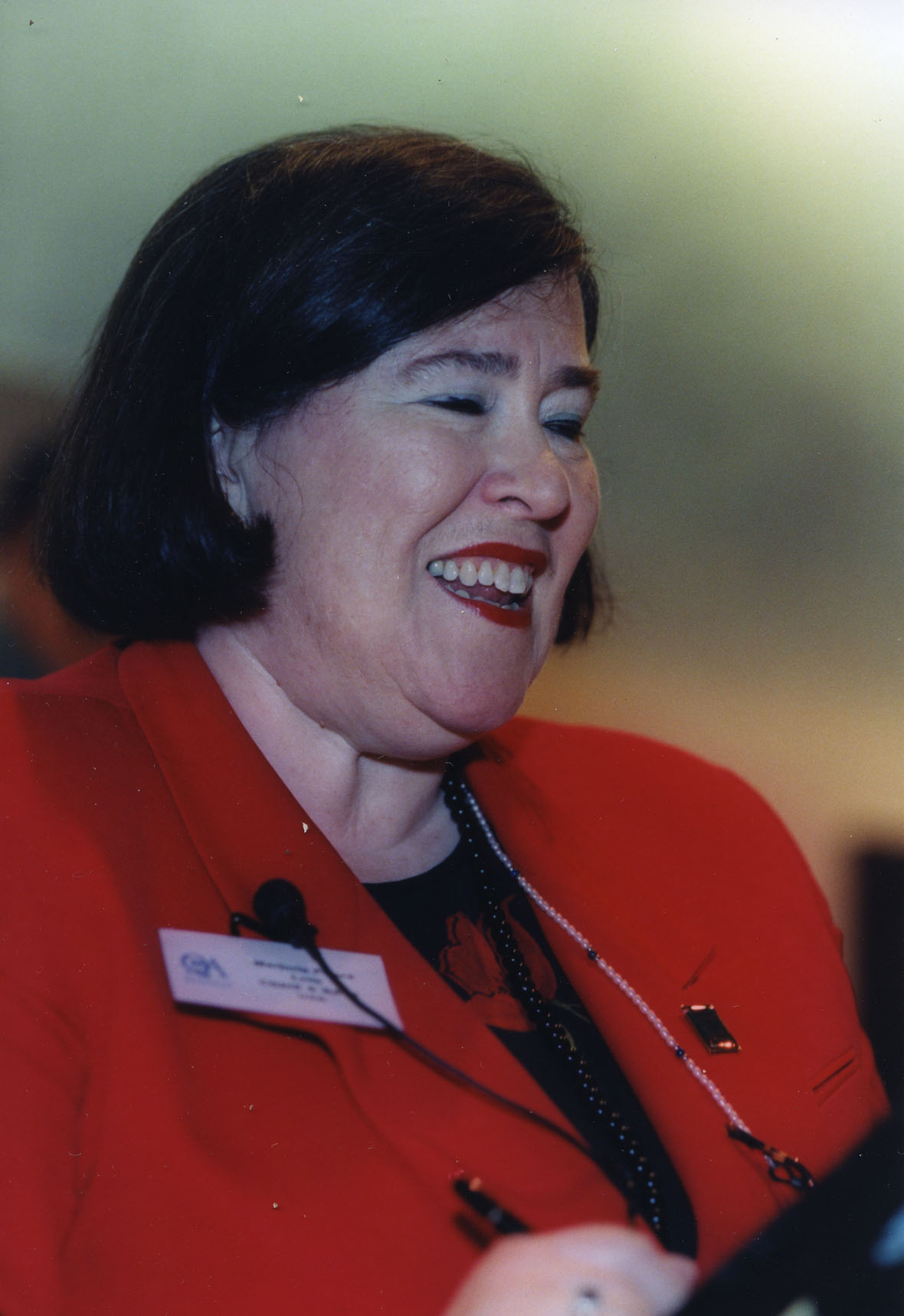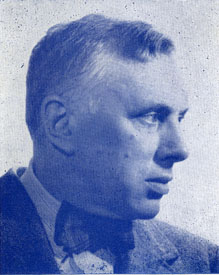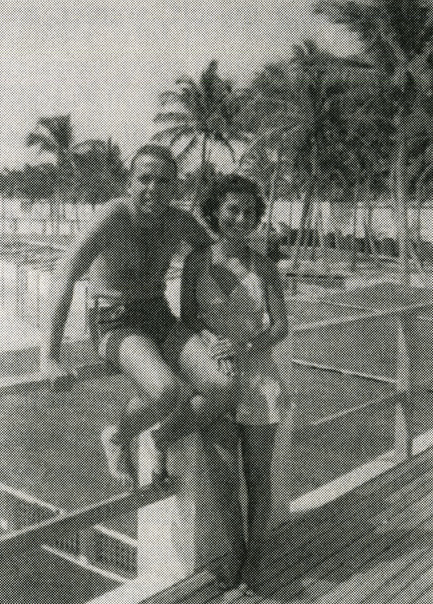Doug Kraner Collection

Photo By Myles Aronowitz
With an MFA in theater from UMass Amherst (1979), Doug Kraner built a career of thirty five years that grew from scenic design for the stage into production design for feature films and television. After his time in Amherst, Kraner taught at SUNY Stonybrook and worked on and off-Broadway, but by 1981, he moved to Hollywood and began a film career as set decorator for My Dinner With Andre (1981). Among dozens of credits as art director or production designer, Kraner worked on commercially successful films such as Uncle Buck, Lean on Me, Sleeping with the Enemy (which was the start of a long and productive working relationship with the director Danny Cannon), Extreme Measures, and I Still Know What You Did Last Summer. He received an Emmy nomination in 1983 for Little Gloria… Happy at Last, and in his work on the television show Gotham in 2014-2015 earned both Emmy and Art Directors Guild Award nominations. After a lengthy struggle with cancer, Kraner died on April 4, 2016.
Organized project by project, the Kraner collection includes a cross-section of work from a production designer in the film and television industries from the 1980s to 2010s. Although the depth of coverage and contents vary from film to film, the files may contain anything from rough concept sketches to finished designs, photographs of three-dimensional models, and schematics for the construction of sets, and in the aggregate, the work documents the transition from paper-based to purely digital production techniques. Kraner retained a small number of sketches from his time as a graduate student at UMass Amherst, two sketchbooks, and a portfolio of his work for film.




 Visit the
Visit the 